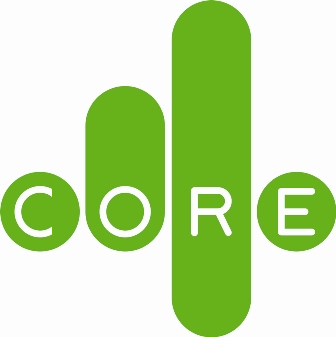
Many of us are seduced by the promise of better health and wellness offered by vitamin supplements. Every year, Americans spend millions of dollars on them – most of which end up half used in our cabinets. This is an explanation of the “Core Four” Supplements that everyone (men, women, & children) should be taking. These are supplements that will actually improve your health and well-being if taken on a regular basis.
OMEGA-3 FISH OIL
Why do we need fish oil? Fish oil contains essential omega-3 fats such as eicosapentaenoic acid (EPA) and docosahexaenoic acid (DHA). EPA and DHA are called essential because to be healthy the body must have them and the body cannot make them; we must get them from our food. Fish and sea life (krill) are the only meaningful sources of EPA and DHA on the planet.
Omega-3 fish oil has been shown to promote healthier cell and hormone function throughout the body, in addition to reducing inflammation and cellular oxidation (think aging or “rusting” of your cells). It also promotes healthier pregnancies, breast feeding, pediatric development, neurological growth and development, joint health, weight management, heart function, immune, optical, brain and nerve system health. As you can see, almost everyone can benefit from taking fish oil as a daily supplement.
While eating wild caught fish is a great way to get omega-3 essential fats, the truth is most people do not eat enough fish every week to obtain a healthy amount of omega-3. In addition, some fish can contain dangerous amounts of toxins like mercury and PCBs. Therefore it is important to take a high quality fish oil that is molecularly purified to remove toxins.
Recommended Serving:
Adults – 1000-2000mg, depending on size and activity
Children(4+) – should be taking roughly 300-600 milligrams for every 40 lbs. of body weight
PROBIOTICS
The human body is made up of an estimated 100 trillion bacterial cells from at least 500 species, not including viruses and fungi. These bacteria (probiotics) are referred to as “friendly” bacteria and are responsible for several important biological functions. Some of these functions include assisting with digestion, keeping other harmful bacteria at bay and stimulating the immune system.
Beneficial bacteria in your gut can help to boost the immune system, prevent allergic inflammation and food allergy, clear up eczema in children and heal the intestines from a variety of ailments. Research shows that 80% of your immune system actually lives right in your digestive tract, so if your GI tract is not in optimal health, then your overall health will be compromised. We recommend all new patients take probiotics, although we don’t believe that they need to stay on it the rest of their lives, but one to three months are usually beneficial until they are able to get their diet improved.
Adults – 1 capsule(5 billion active cells/capsule) daily
Children – ½ to 1 teaspoon (depending on age) of Children’s Probiotic powder









